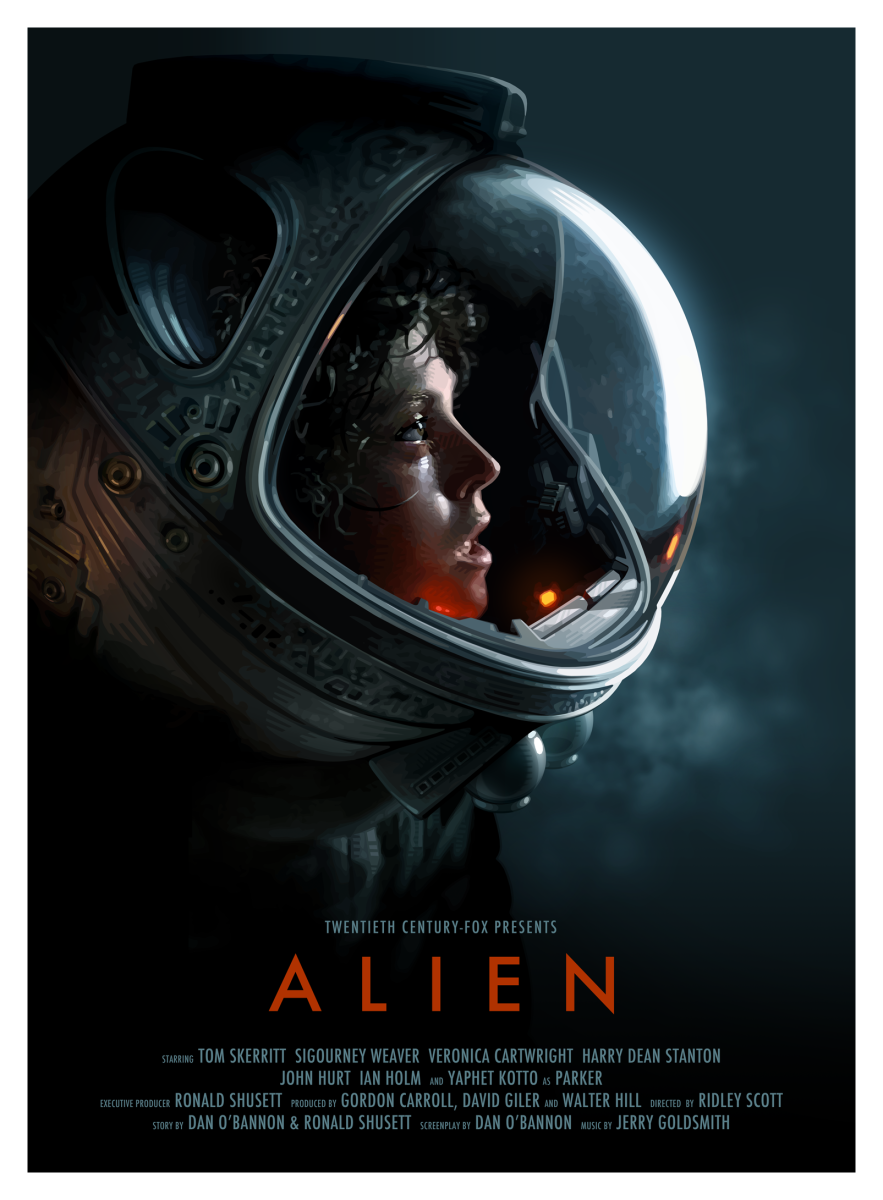
The concept of extraterrestrial life has fascinated humans for centuries, and this curiosity has found a fertile ground in the world of cinema. Movies about aliens range from the terrifying to the whimsical, from profound philosophical inquiries to action-packed adventures. Here, we explore some of the most iconic and influential films about aliens, examining how they reflect our hopes, fears, and imaginings about the unknown.
The Pioneers: Early Visions of Extraterrestrial Life
The fascination with aliens in film began in the early 20th century, coinciding with advancements in science and space exploration. One of the first notable entries was “A Trip to the Moon” (1902) by Georges Méliès. This silent film featured a fantastical journey to the moon, where explorers encounter lunar inhabitants. Although primitive by today’s standards, it set the stage for the genre.
In the 1950s, during the height of the Cold War, the fear of the unknown manifested in movies like “The Day the Earth Stood Still” (1951) and “War of the Worlds” (1953). These films used alien invasions as metaphors for the anxieties of the era, particularly the threat of nuclear war and the tension between superpowers.
The Golden Age: Defining the Genre
The late 1970s and early 1980s are often considered the golden age of alien movies, marked by groundbreaking special effects and storytelling. Steven Spielberg’s “Close Encounters of the Third Kind” (1977) portrayed aliens as mysterious but ultimately benevolent beings, emphasizing communication and understanding over conflict.
In stark contrast, Ridley Scott’s “Alien” (1979) introduced audiences to one of the most terrifying creatures in cinematic history. The Xenomorph, with its relentless predatory nature, became a symbol of the ultimate nightmare from outer space. This film blended science fiction with horror, creating a subgenre that remains popular.
Spielberg returned to the theme of benign extraterrestrials with “E.T. the Extra-Terrestrial” (1982). This heartwarming story of a young boy befriending a stranded alien captured the imagination of audiences worldwide and became a cultural phenomenon. Its themes of friendship and empathy resonated deeply, contrasting with the era’s more cynical portrayals of aliens.
Modern Masterpieces: Expanding Horizons
In recent decades, filmmakers have continued to explore and redefine the alien genre. “Independence Day” (1996) revived the alien invasion narrative with spectacular special effects and a patriotic storyline. This blockbuster highlighted humanity’s resilience and unity in the face of extraterrestrial threat.
Denis Villeneuve’s “Arrival” (2016) took a more cerebral approach, focusing on linguistics and communication. The film follows a linguist tasked with deciphering an alien language to prevent global conflict. Its introspective narrative and philosophical depth earned critical acclaim, demonstrating that alien movies can be as intellectually stimulating as they are visually impressive.
James Cameron’s “Avatar” (2009) presented a different kind of alien encounter, one that emphasized environmentalism and indigenous rights. Set on the lush, alien world of Pandora, the film showcased groundbreaking 3D technology and immersive world-building. Its success underscored the potential for alien movies to address contemporary social and environmental issues.
Animated Aliens: Family-Friendly Extraterrestrial Adventures
Animation has also offered a rich canvas for alien stories, often making them accessible to younger audiences. “Lilo & Stitch” (2002) combined humor and heart in its tale of a Hawaiian girl and her mischievous alien pet. Pixar’s “WALL-E” (2008), while primarily a story about robots, also explored themes of space exploration and human-alien interactions in a post-apocalyptic future.
Conclusion: The Enduring Appeal of Alien Movies
Movies about aliens continue to captivate audiences because they tap into a fundamental human curiosity about what lies beyond our world. They allow us to explore our fears, hopes, and the very nature of humanity through the lens of the unknown. Whether portraying aliens as friends or foes, these films reflect our deepest anxieties and aspirations, making the genre a versatile and enduring staple of cinema.
As we continue to search the stars for signs of life, the movies will undoubtedly evolve, offering new and imaginative portrayals of extraterrestrial encounters. From the terrifying to the touching, the alien genre remains a powerful mirror of our fascination with the cosmos and the mysteries it holds.







